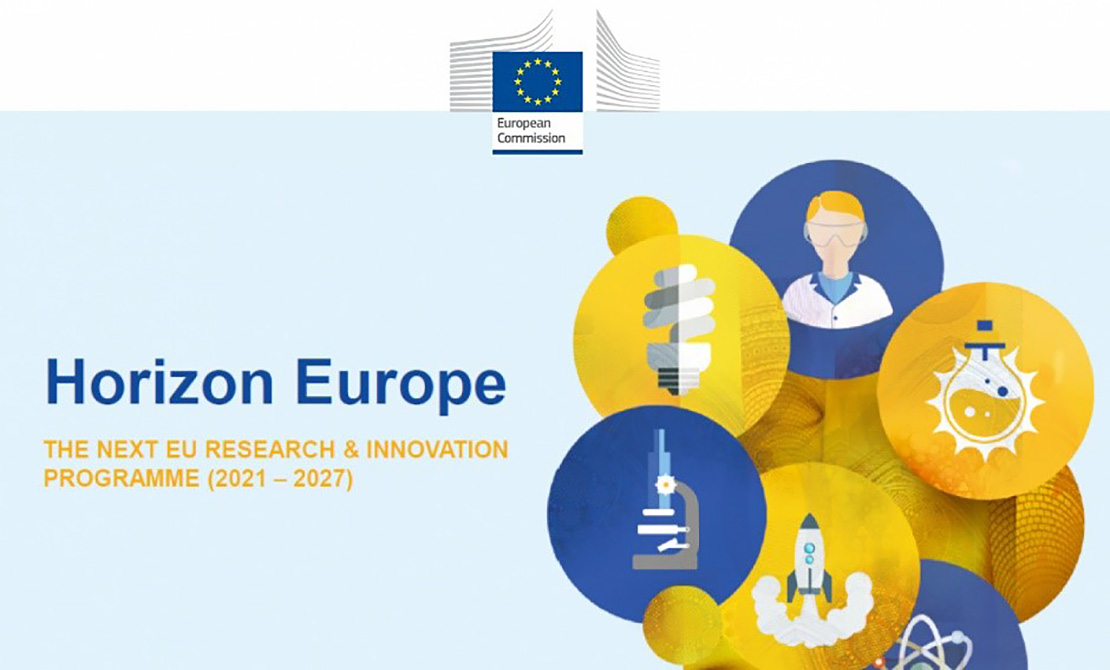Subscribe for our News

How Europe’s €100-billion Science Fund Will Shape 7 Years of Research
Horizon Europe, the world’s largest multinational research and innovation programme, has issued its first call for grant applications.
Over the next seven years, the European Union’s giant research-spending scheme will distribute a record €95.5 billion — including €5.4 billion from a COVID-19 recovery fund — to basic-science projects and cross-border research collaborations to be carried out by tens of thousands of researchers across 27 member states and more than a dozen other countries.
Priority areas of funding are reserved for five areas (high-priority ‘missions’): climate change; cancer; oceans and other bodies of water; smart cities; and soil and food (€4.5 billion).
In both scope and ambition, the missions go far beyond ‘normal’ research collaboration, and will incorporate tools and resources from flanking EU programmes such as the Common Agricultural Policy, which administers farming subsidies, and EU initiatives for developing infrastructure in poorer regions. The idea, first proposed by University College London economist Mariana Mazzucato, is to get researchers, businesses and governments to pool their skills towards a common goal, selected with input from the public.
The European Commission says that missions will mirror the spirit of the European Green Deal plan for a sustainable economy, Europe’s Beating Cancer Plan or the United Nations Sustainable Development Goals. But many of the details remain to be determined.
Basic science will continue to be a centrepiece of European research. Between 2021 and 2027, the European Research Council (ERC) will divide €16 billion among researchers at various career levels, an increase of more than 20% compared to Horizon 2020. Non-EU countries associated to Horizon Europe are expected to contribute an extra roughly €4 billion, depending on their level of participation. Associates include research-intensive nations such as Israel, Switzerland and the United Kingdom — which left the bloc at the beginning of 2021, but has signed a deal to allow its scientists, research organizations and companies to participate in Horizon Europe.
Horizon Europe will also aim to strengthen support for applied research with economic benefits. To this end, the European Commission has established the European Innovation Council (EIC), a new funding agency aimed at facilitating the transfer of inventions and research into goods and services.
Around €10 billion is earmarked for the EIC, to be divided between three types of grant. In an early ‘pathfinder’ phase, researchers can get support to develop ideas that have commercial potential. A second, ‘fast track to innovation’ phase will support the transition of promising results to market. Finally, after market launch, entrepreneurs will be able to request EIC ‘accelerator’ support — including grants, loans and coaching services — to expand their businesses.
Horizon Europe is expected to mandate that grant recipients publish their results according to the principles of open science.
In particular, immediate open-access publishing will become mandatory for all recipients of Horizon Europe research grants, including those from the ERC, says Kütt. Scientists will be required to post an accepted, peer-reviewed version of their papers online at a ‘trusted repository’, according to a draft of the instructions for applicants, but it is unclear at this time which repositories will be acceptable. Grants will cover publishing costs for pure open-access journals, but not for hybrid publications. Authors must also retain intellectual-property rights for their papers.

